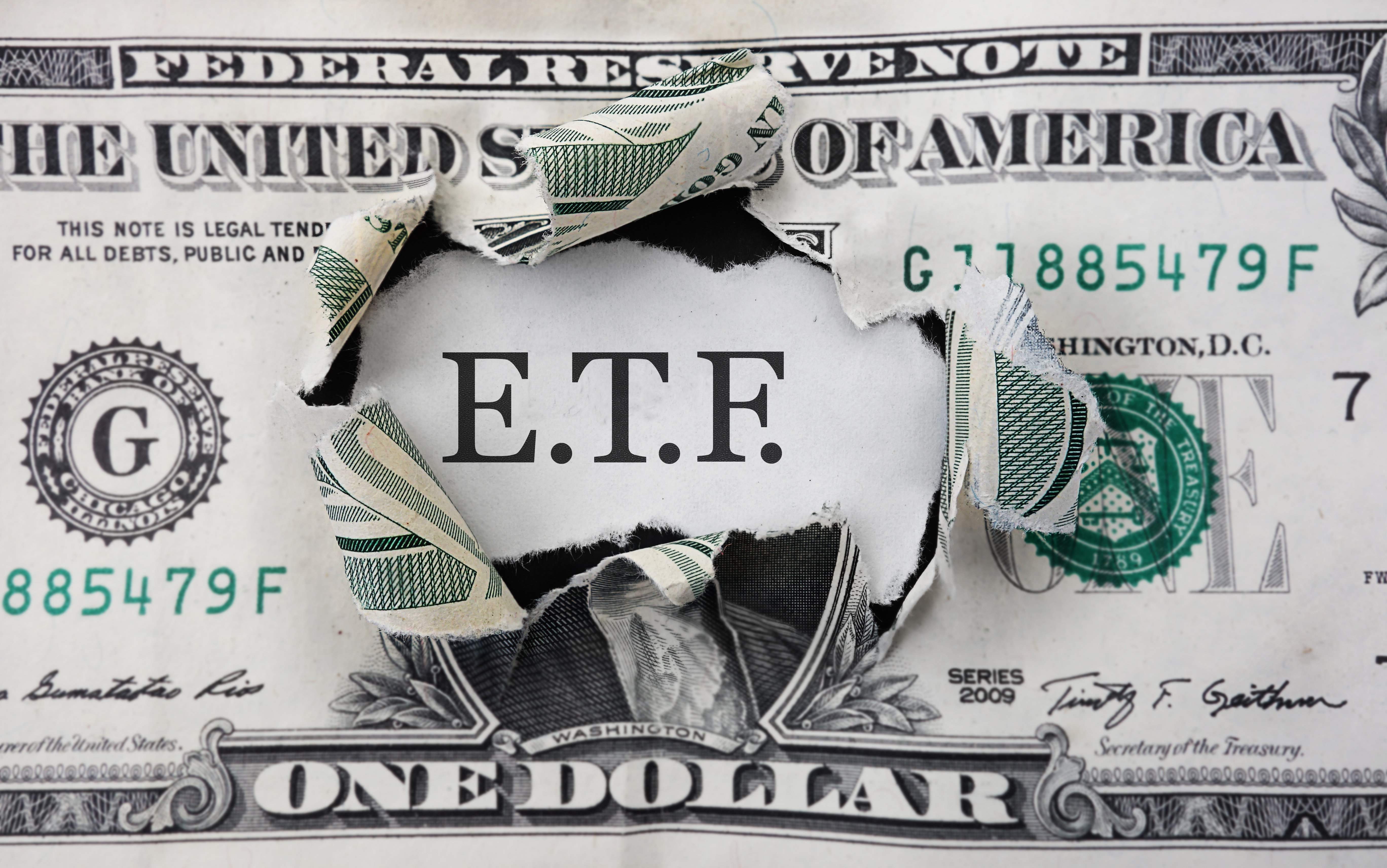One of the best innovations in investing has been the exchange-traded fund (ETF), an investment vehicle that lets anyone easily buy shares of a fund that holds a group of related stocks, often in an index.
Vanguard founder Jack Bogle is credited with creating one of the first index funds, a mutual fund that paved the way for the popular Vanguard 500 Fund, which tracks the S&P 500.
Today, Vanguard remains one of the most popular ETF managers and it offers investors dozens to choose from. Let's take a look at one worth investing in and one to avoid right now.

Image source: Getty Images.
One Vanguard ETF to buy now
The Vanguard ETF worth buying right now is the Vanguard Financials ETF (NYSEMKT: VFH), which tracks the MSCI US benchmark of large, mid-, and small-cap stocks in the financial sector.
Few ETFs are as cheap as the Vanguard Financials ETF today. The fund trades at a price-to-earnings (P/E) ratio of 16.6 right now, compared to 29 for the Vanguard 500 ETF, meaning the S&P 500 is about 60% more expensive right now.
Bank stocks tend to carry a low valuation even in a bull market because their growth is closely tied to the economy, and they're cyclical, meaning they're highly vulnerable to economic slowdowns or recessions.
Falling interest rates can create a headwind for banks because they tend to squeeze net interest margins, or the difference between interest earned on loans and other assets and the interest paid on deposits. But overall, lower rates should be a net positive because it encourages borrowing and economic growth, reigniting the investment banking market for initial public offerings and merger and acquisition deals. Meanwhile, a strengthening economy and falling rates will also lower the risk of credit losses, helping to boost profits.
The Vanguard Financials ETF is also much more than bank stocks. Its top 10 holdings include Warren Buffett's Berkshire Hathaway, Visa, Mastercard, S&P Global, American Express, and Progressive.
The Federal Reserve looks on track to achieve the soft landing it's been aiming for, meaning the economy could be set up for strong, steady growth over the next few years. That should favor financial stocks both as businesses and as perceived by investors, supporting multiple expansions. Meanwhile, falling rates could lead to a jump in demand for mortgages, auto loans, and other consumer financial products.
One Vanguard ETF to avoid
The Vanguard Financials ETF looks like a good buy because it trades at a discount to the S&P 500 and should benefit from economic tailwinds.
The Vanguard Consumer Staples ETF (NYSEMKT: VDC), on the other hand, looks expensive, and the economic conditions that have supported the sector are shifting.
Investors tend to favor consumer staples like Coca-Cola and Procter & Gamble in difficult economic times as consumers buy these kinds of products no matter what the economy is doing, effectively making them recession-proof. However, the flip side is that the upside potential is limited during economic expansions.
Currently, the Consumer Staples ETF trades at a price-to-earnings ratio of 25, making it only slightly cheaper than the S&P 500 ETF.
However, unlike the broad-market index, which holds fast-growing companies like Nvidia, the Consumer Staples ETF is made up of slower-growing companies like Procter & Gamble, Costco, and Walmart, which make up its top three holdings.
Those are great companies, but their valuations already look stretched. For example, P&G trades at a P/E ratio of 28; Costco is valued all the way up at 54, and Walmart trades at a P/E of 41.
Based on those valuations, investors are better off waiting for lower entry points for those stocks, which make up such a big component of the Consumer Staples ETF. Meanwhile, the Vanguard Financials ETF is the better choice here.
Don’t miss this second chance at a potentially lucrative opportunity
Ever feel like you missed the boat in buying the most successful stocks? Then you’ll want to hear this.
On rare occasions, our expert team of analysts issues a “Double Down” stock recommendation for companies that they think are about to pop. If you’re worried you’ve already missed your chance to invest, now is the best time to buy before it’s too late. And the numbers speak for themselves:
- Amazon: if you invested $1,000 when we doubled down in 2010, you’d have $21,266!*
- Apple: if you invested $1,000 when we doubled down in 2008, you’d have $43,047!*
- Netflix: if you invested $1,000 when we doubled down in 2004, you’d have $389,794!*
Right now, we’re issuing “Double Down” alerts for three incredible companies, and there may not be another chance like this anytime soon.
*Stock Advisor returns as of October 7, 2024
American Express is an advertising partner of The Ascent, a Motley Fool company. Jeremy Bowman has no position in any of the stocks mentioned. The Motley Fool has positions in and recommends Berkshire Hathaway, Costco Wholesale, Mastercard, Nvidia, Progressive, S&P Global, Vanguard S&P 500 ETF, Visa, and Walmart. The Motley Fool recommends the following options: long January 2025 $370 calls on Mastercard and short January 2025 $380 calls on Mastercard. The Motley Fool has a disclosure policy.
